
The text of the deal reached in Busan has still not been released, and purchase commitments do not seem to be following the original timeline.

The text of the deal reached in Busan has still not been released, and purchase commitments do not seem to be following the original timeline.

My outlook on China’s economy and stock market next year is more cautious than many people’s.
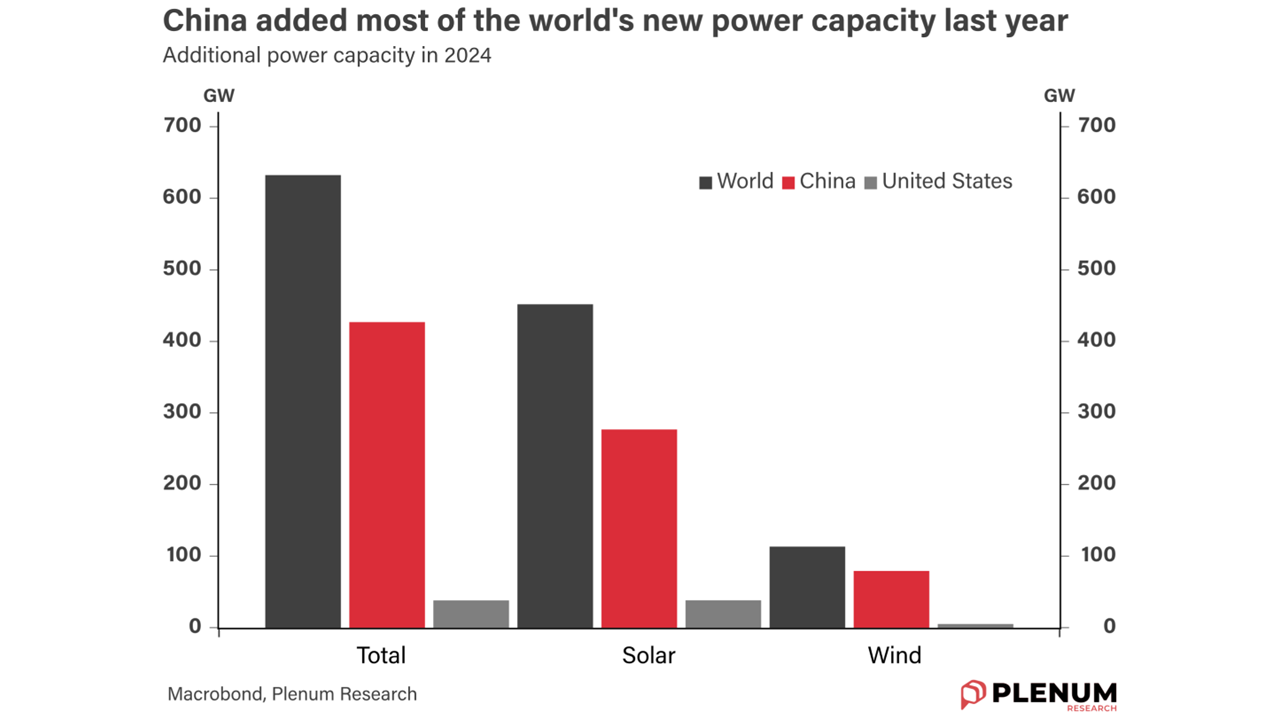
The power consumption of Sam Altman’s most ambitious data center plans would be hard for even China or the US to accommodate.
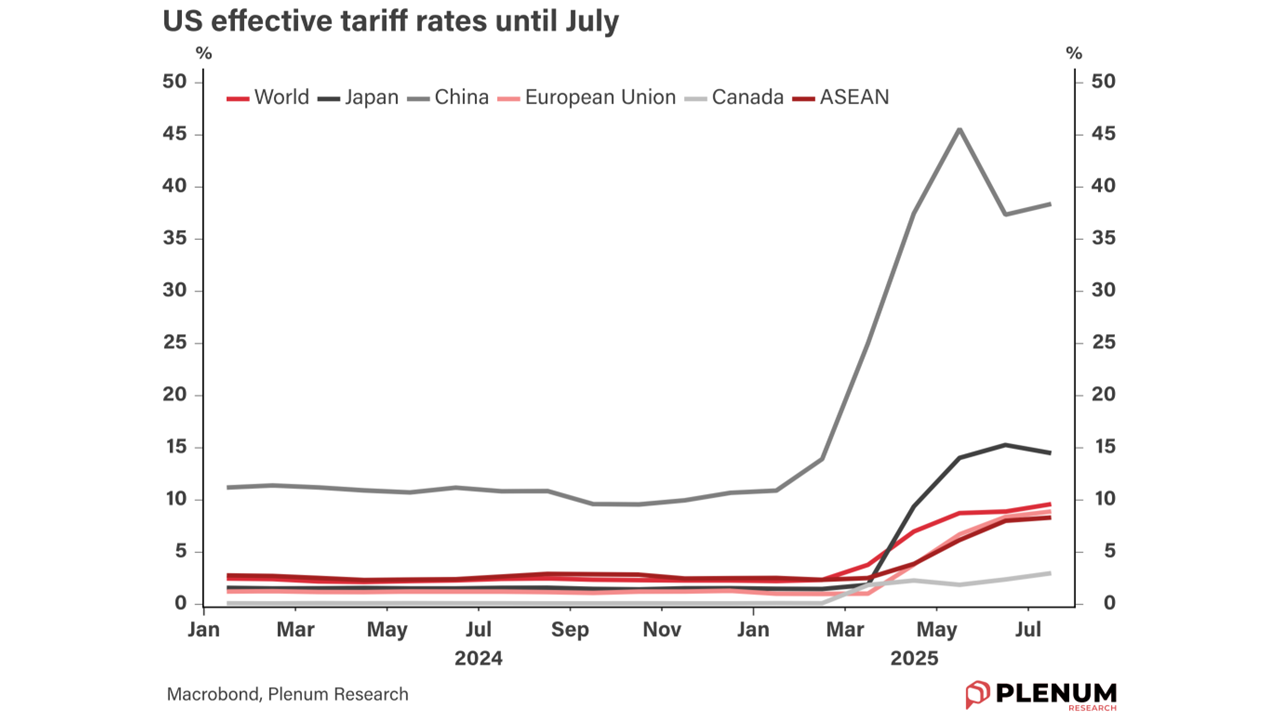
After the Busan deal, Beijing spent the early weeks of November rolling back actions targeting the US, but some measures remain.
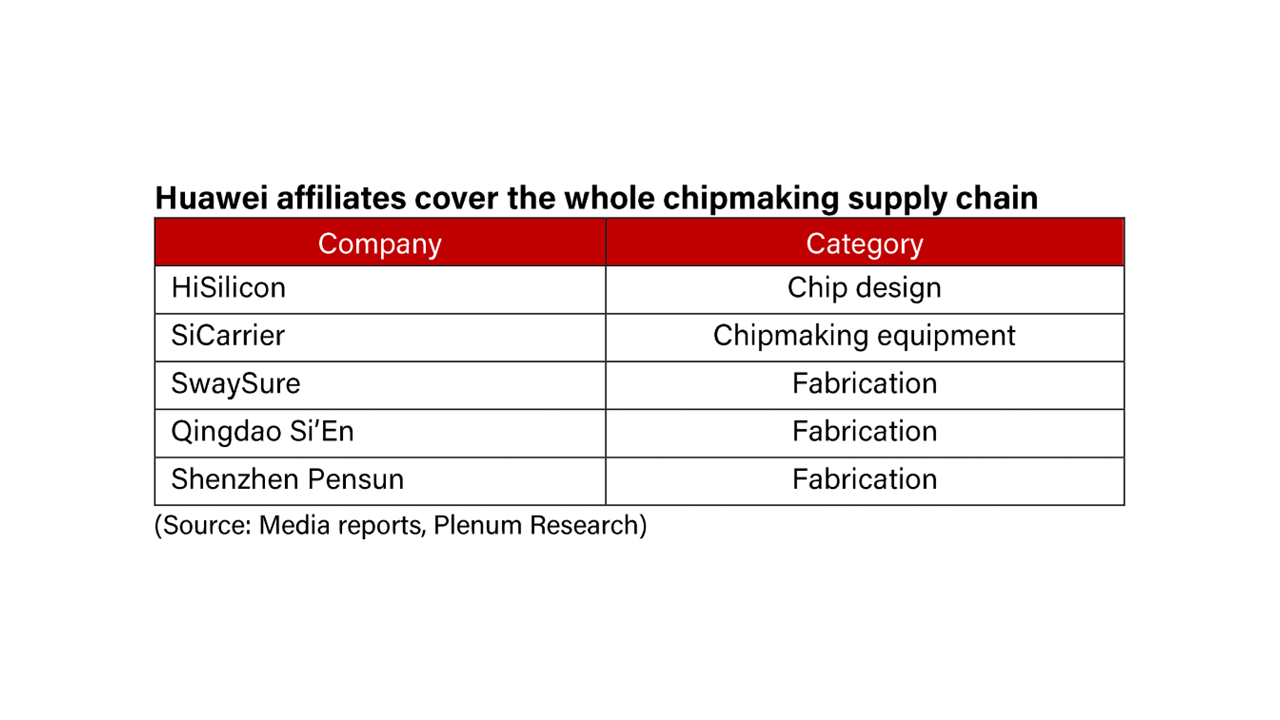
A picture of a Huawei-centered network of companies spanning China’s chipmaking supply chain has come into focus.
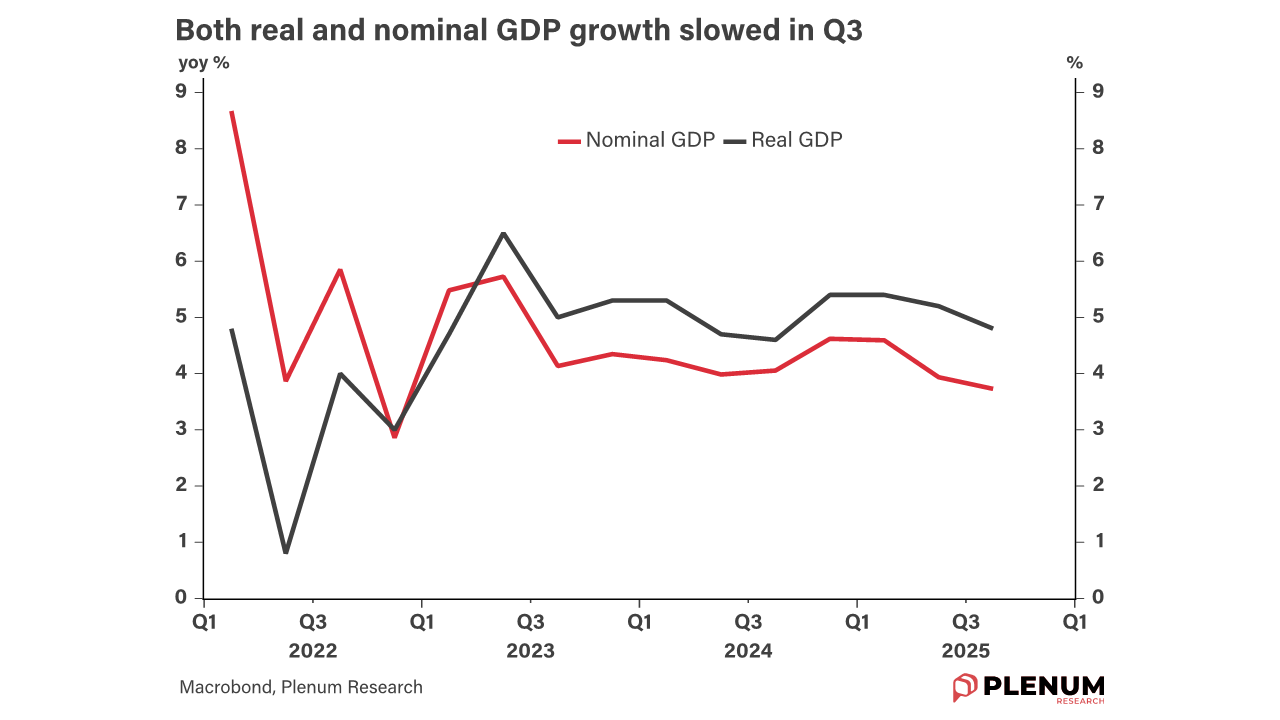
In this chartbook, we walk you through the latest developments in the Chinese economy and offer our outlook.
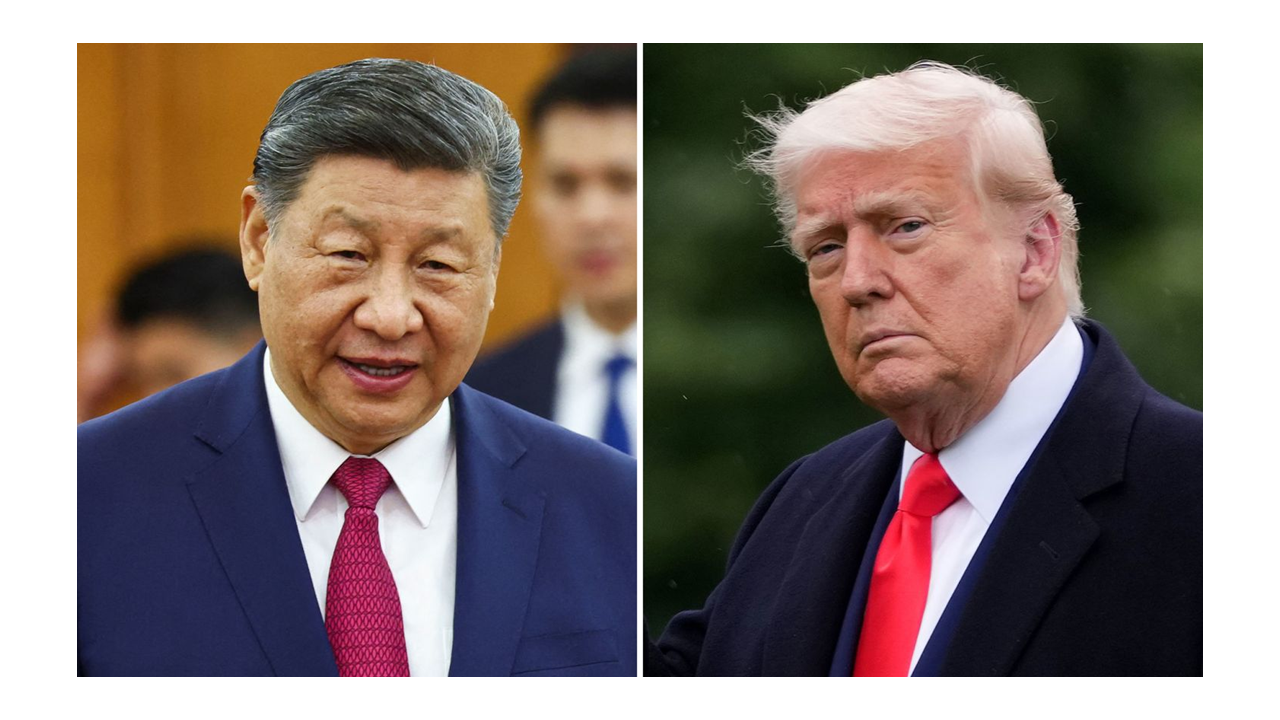
The Xi-Trump summit delivered a small deal that includes a 10-ppt tariff cut and suspensions of recent export control measures.
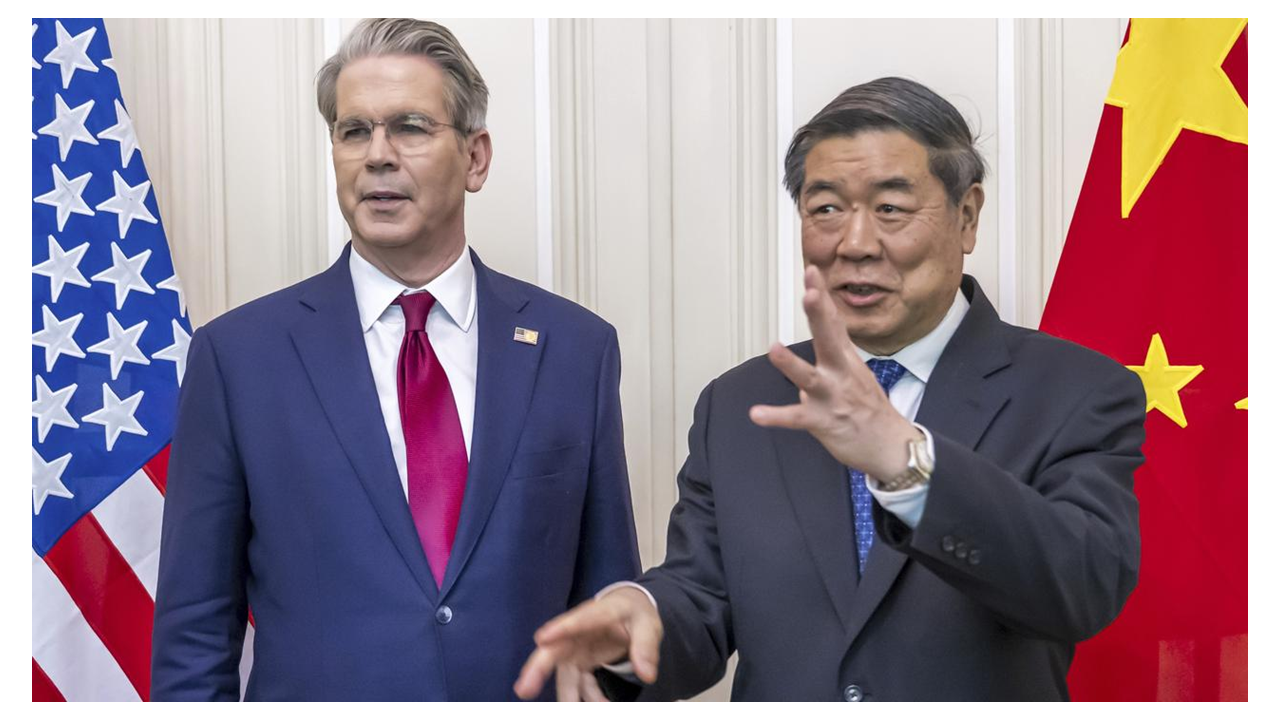
The US-China negotiations in Kuala Lumpur saw higher tariffs called off, but other outcomes will be unclear before Xi and Trump’s Thursday meeting.
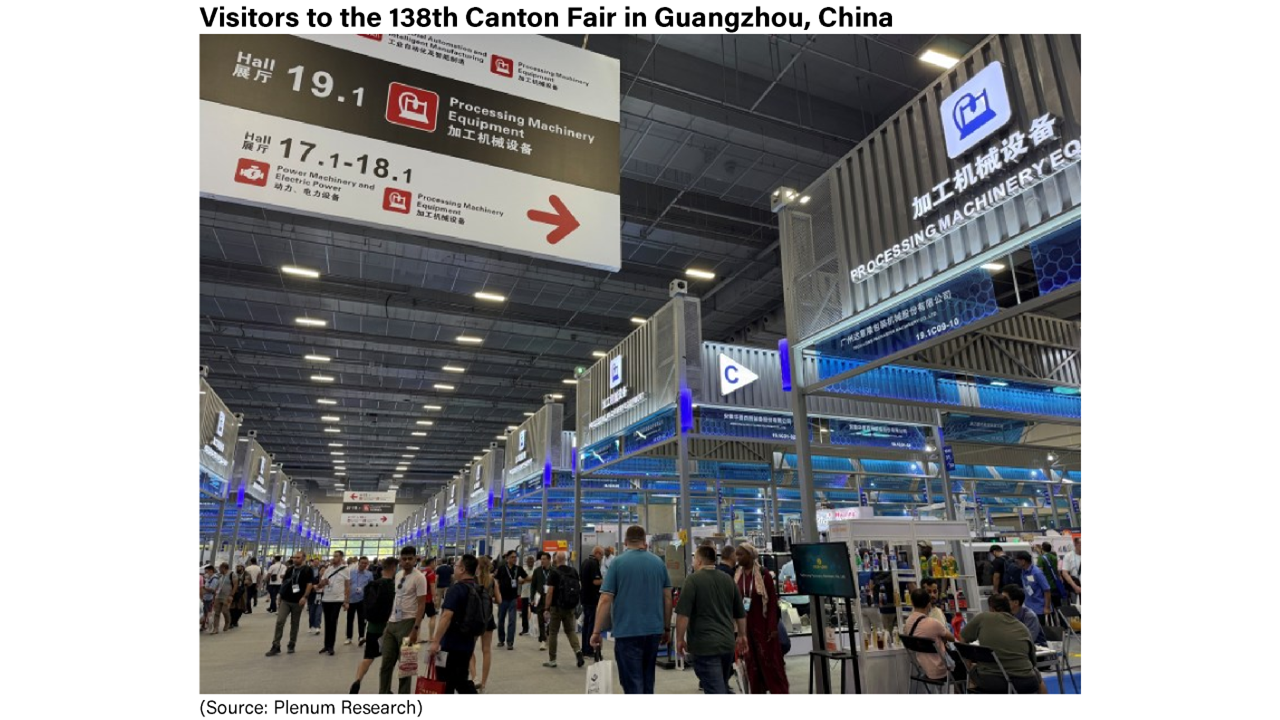
Most exporters at the Canton Fair say that sales to the US have taken a hit, but some have shown remarkable resilience.